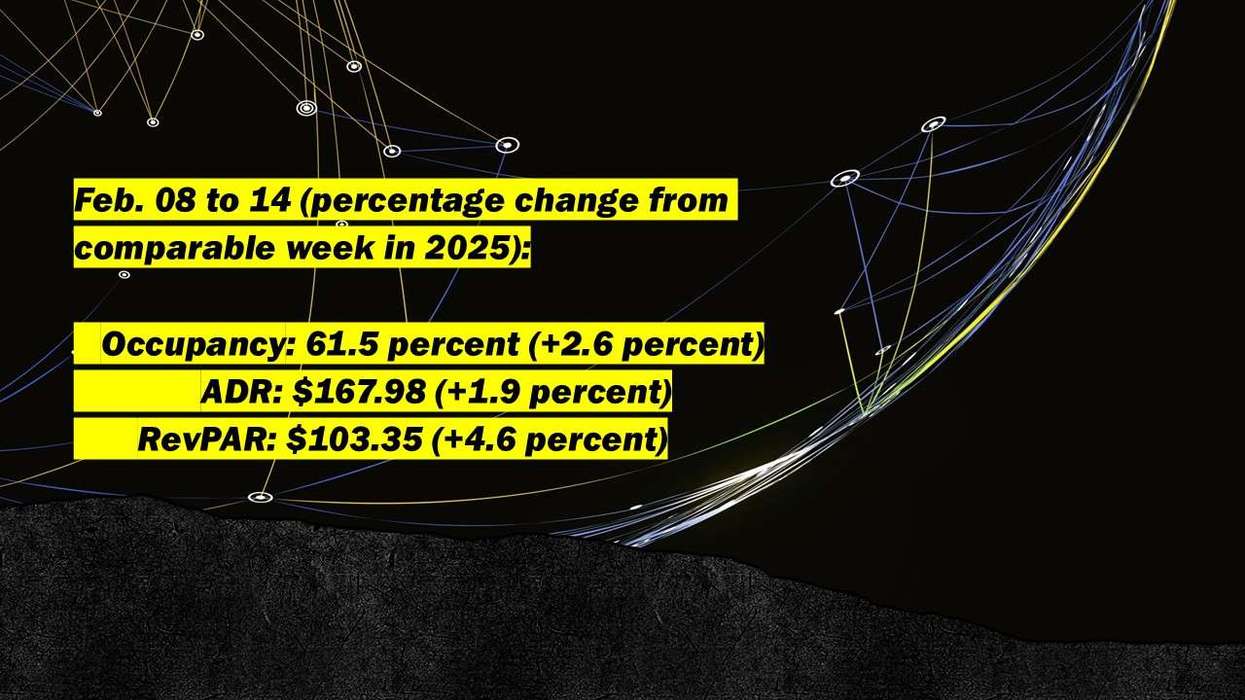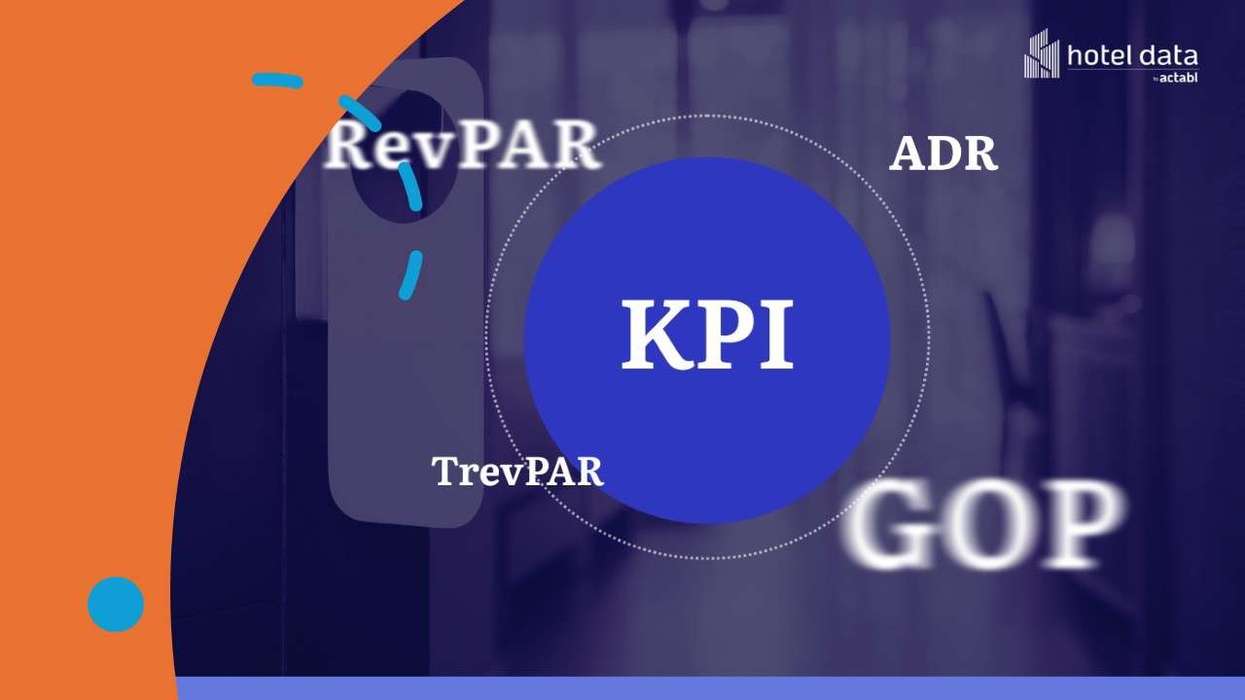Summary:
- Peachtree provided a $42 million floating-rate loan to Banyan Street Capital for the acquisition and repositioning of Atlanta Financial Center in Buckhead.
- The deal delivers capital at a reset basis, with comps pricing 98 percent higher, reflecting strong collateral and execution.
- It recently launched a $250 million fund to invest in hotel and commercial assets mispriced from market illiquidity.
PEACHTREE GROUP PROVIDED its first mortgage loan to Banyan Street Capital for the acquisition and repositioning of the 914,774-square-foot Atlanta Financial Center in Buckhead, Georgia. Peachtree said the office sector is at an inflection point, similar to the retail segment previously.
The $42 million floating-rate loan has a 36-month initial term and a 12-month extension option, with interest and completion guarantees from Banyan Street. The deal provides flexible capital for transitional assets at a reset basis, with comparable transactions pricing 98 percent above the loan basis, reflecting collateral strength and execution, Peachtree said in a statement.
“This transaction highlights how private credit continues to fuel opportunities across the commercial real estate landscape,” said Daniel Siegel, Peachtree’s president and principal of CRE. “In today’s volatile environment of elevated interest rates and persistent inflation, private credit remains a critical source of capital.”
Siegel said negative sentiment is preventing some from seeing opportunities.
“The market is bifurcated, with most vacancy tied to troubled assets, and when you adjust for those, the fundamentals tell a different story,” he said. “While sentiment will take time to shift, we’re ready to back smart business plans in this space.”
The private credit market continues to fill the gap left by traditional lenders, providing certainty for sponsors with defined strategies, the statement said.
Atlanta-based Peachtree is led by CEO and managing principal Greg Friedman, managing principal and CFO Jatin Desai and principal Mitul Patel.
“This transaction reflects a careful approach to how we de-risk—by structuring a basis reset in a top submarket with an experienced sponsor and a clear repositioning plan,” Siegel said.
Banyan plans to reposition AFC, starting with leasing the North Tower, using reserves for capital expenses, tenant improvements, and leasing. It will also explore larger tenants and redevelopment options.
While the broader office market faces headwinds, Buckhead remains a strong submarket, supported by financial firms, MARTA access, highway connectivity and retail and hospitality infrastructure, Peachtree said. Limited new supply, declining sublease inventory, and steady tenant demand position Buckhead and AFC for recovery and growth.
“Borrowers are seeking flexible capital that can adjust to changing market conditions, and that’s what we’re delivering,” said Jared Schlosser, head of originations and CPACE at Peachtree. “By providing execution certainty, we’re giving sponsors the runway to carry out their plans.”
Peachtree recently launched a $250 million fund to invest in hotel and commercial real estate assets mispriced due to capital market illiquidity.






